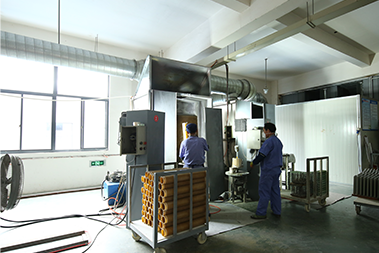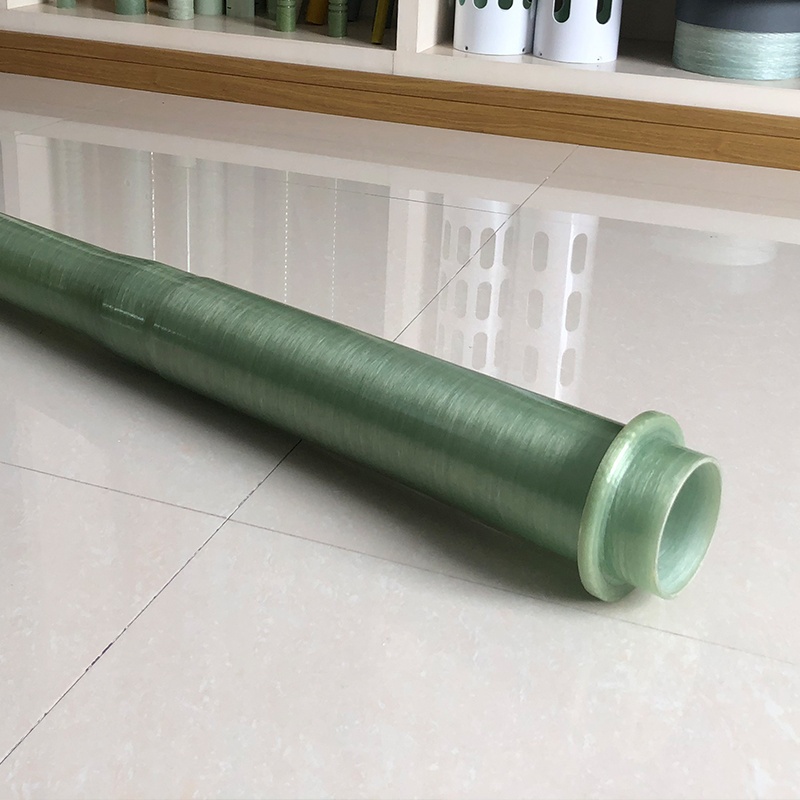The Benefits and Applications of Epoxy Fiberglass Tubes
Introduction

Epoxy fiberglass tubes are a type of composite material that offers many benefits in various industries. They are made from a combination of epoxy resin and fiberglass fibers, which create a high-strength material that is lightweight and durable. Epoxy fiberglass tubes are used in various applications, such as electrical and electronics, aerospace, defense, and industrial and structural applications. In this article, we will explore the characteristics, manufacturing process, applications, maintenance, and care of epoxy fiberglass tubes.
Characteristics of Epoxy Fiberglass Tubes
Epoxy fiberglass tubes have physical, chemical, and mechanical properties that make them a popular choice in many industries. They have high strength-to-weight ratios, excellent resistance to moisture and chemicals, are resistant to high temperatures, and have good electrical insulation properties. They also have good dimensional stability, making them ideal for applications that require precision and accuracy.
Manufacturing Process of Epoxy Fiberglass Tubes
The manufacturing process of epoxy fiberglass tubes starts with the selection of the raw materials, which include epoxy resins and fiberglass fibers. The fiberglass fibers are impregnated with the epoxy resin, and the resulting material is then cured under heat and pressure. The tubes are then formed using various techniques, such as winding or pultrusion. Quality control measures such as inspection and testing of the final products ensure that they meet the required standards.
Applications of Epoxy Fiberglass Tubes
Epoxy fiberglass tubes have various applications across different industries. They are commonly used in electrical and electronic applications such as insulators, coil forms, and bushings. They are also used in aerospace and defense industries for applications such as radomes, antennae, and missile casings. In industrial and structural applications, they are used in pipes, tanks, and other structures that require high strength and corrosion resistance.
Maintenance and Care of Epoxy Fiberglass Tubes
Proper handling and storage of epoxy fiberglass tubes are essential for their longevity. They should be stored in a clean and dry environment to prevent damage from moisture and environmental factors. Cleaning and maintenance procedures should be followed to keep them in good condition, such as inspecting for cracks or damage, cleaning with non-abrasive materials, and avoiding exposure to harsh chemicals.

Conclusion
Epoxy fiberglass tubes offer many benefits in various applications due to their high strength, durability, and resistance to moisture, chemicals, and high temperatures. The manufacturing process of epoxy fiberglass tubes involves selecting the right raw materials, techniques, and quality control measures. Proper maintenance and care are essential to ensure their longevity, and they are expected to continue to develop and improve in the future.
FAQ
What are epoxy fiberglass tubes made of?
Epoxy fiberglass tubes are made from a combination of epoxy resin and fiberglass fibers.
What are the characteristics of epoxy fiberglass tubes?
They have high strength-to-weight ratios, excellent resistance to moisture and chemicals, and good electrical insulation properties.
What industries use epoxy fiberglass tubes?
They are commonly used in electrical and electronic applications, aerospace and defense industries, and industrial and structural applications.
How are epoxy fiberglass tubes manufactured?
The manufacturing process involves selecting the right raw materials, impregnating fiberglass fibers with epoxy resin, and forming the tubes using winding or pultrusion techniques.
How do you maintain and care for epoxy fiberglass tubes?
Proper handling and storage in a clean and dry environment are essential. Cleaning with non-abrasive materials and avoiding exposure to harsh chemicals is recommended.

